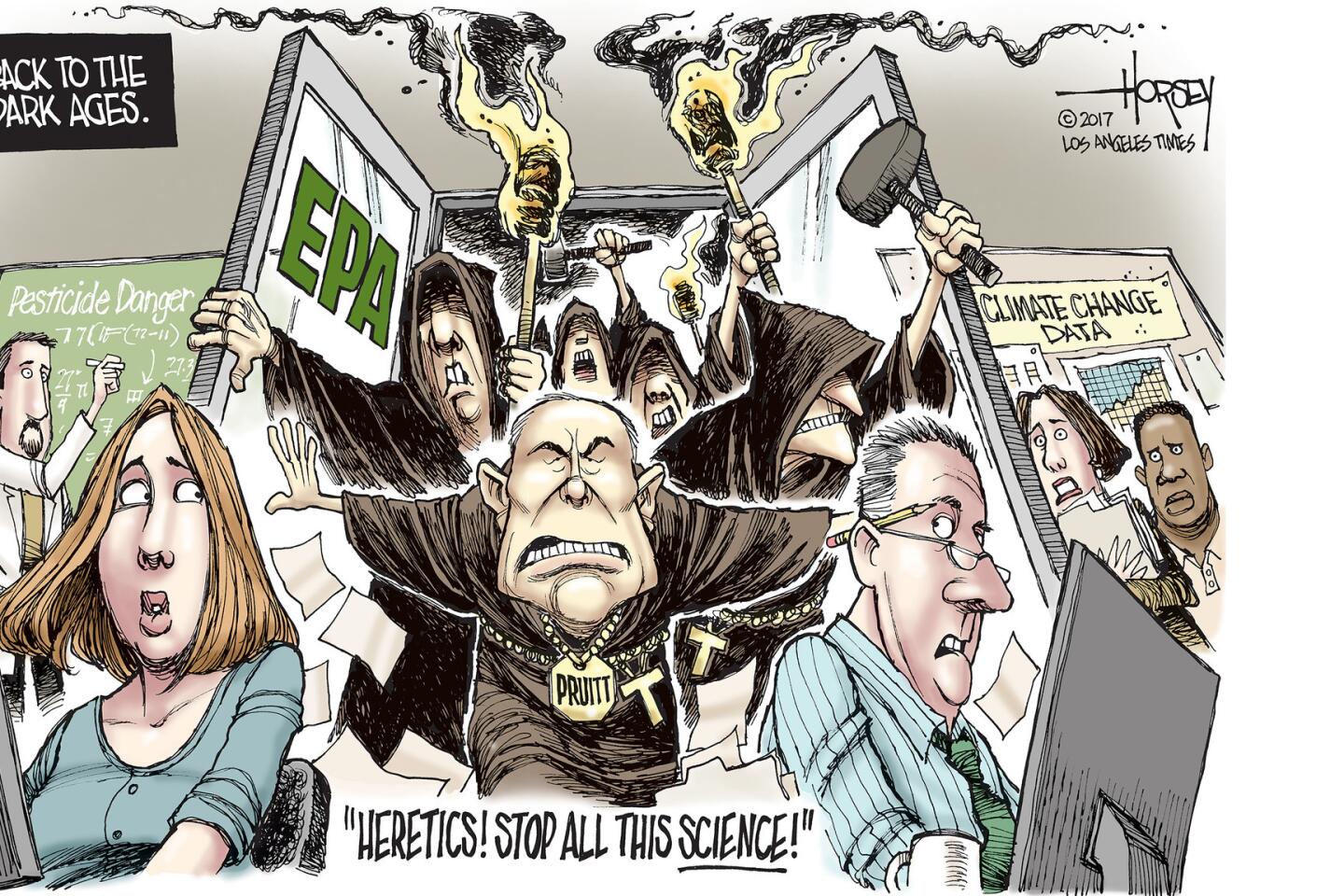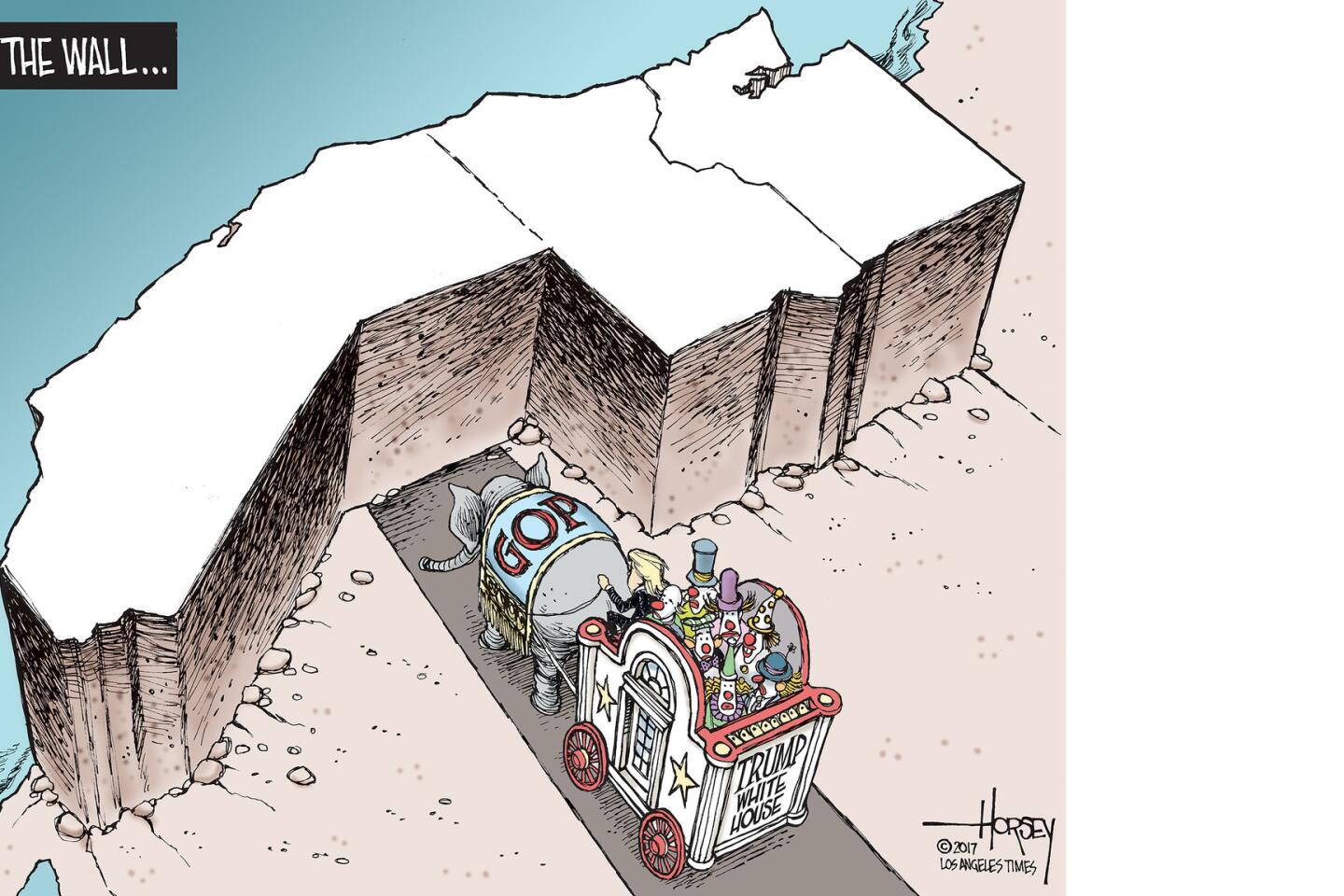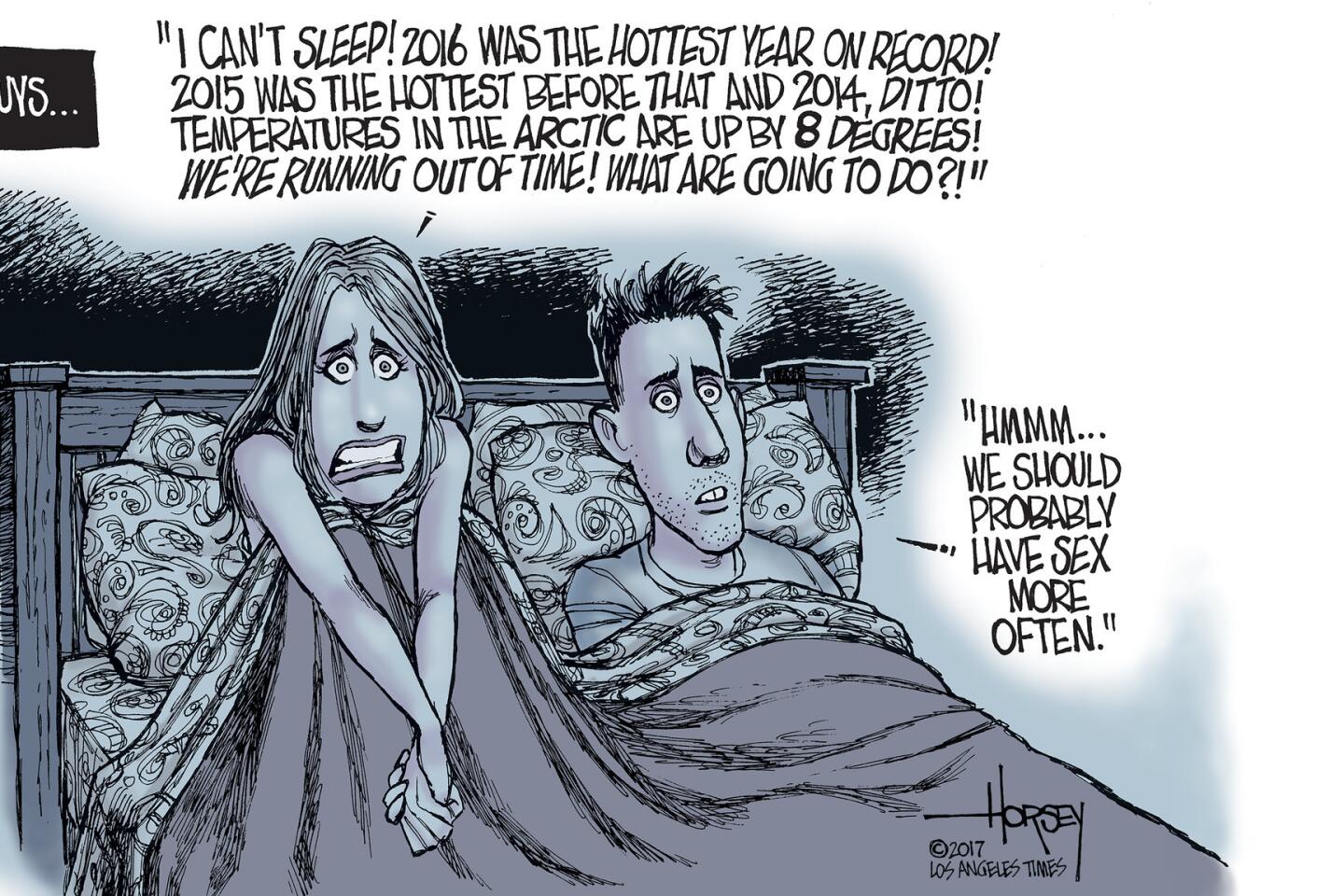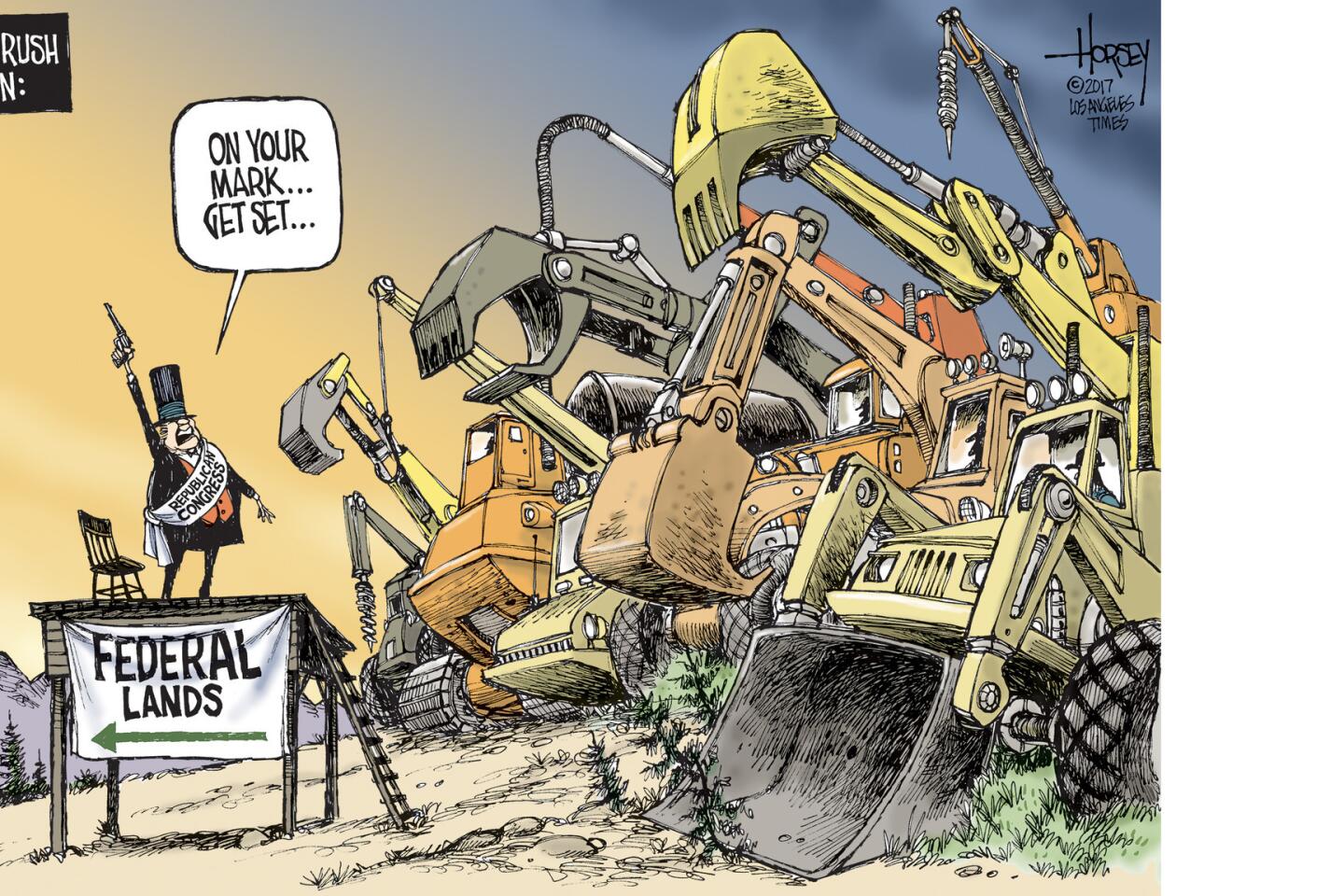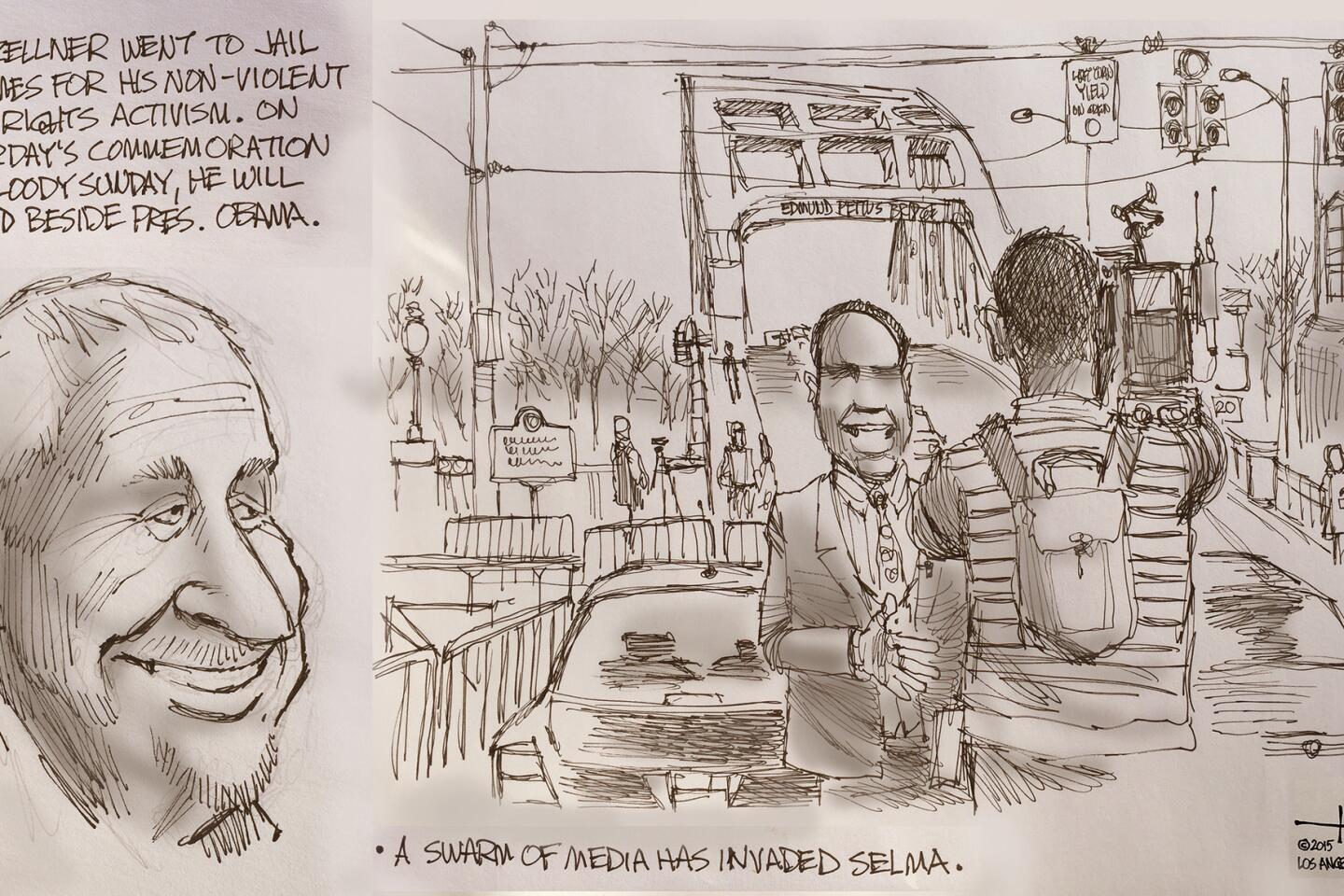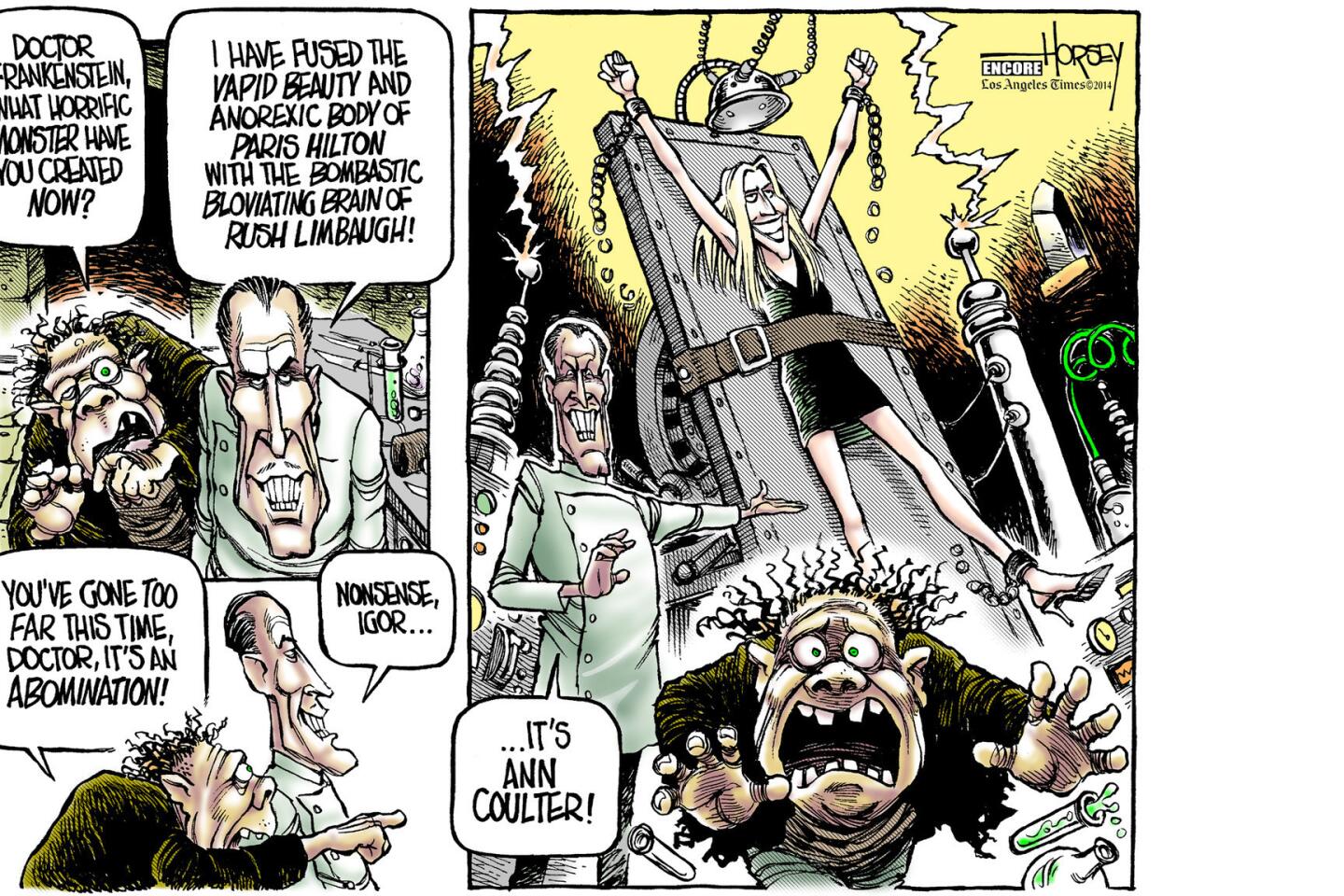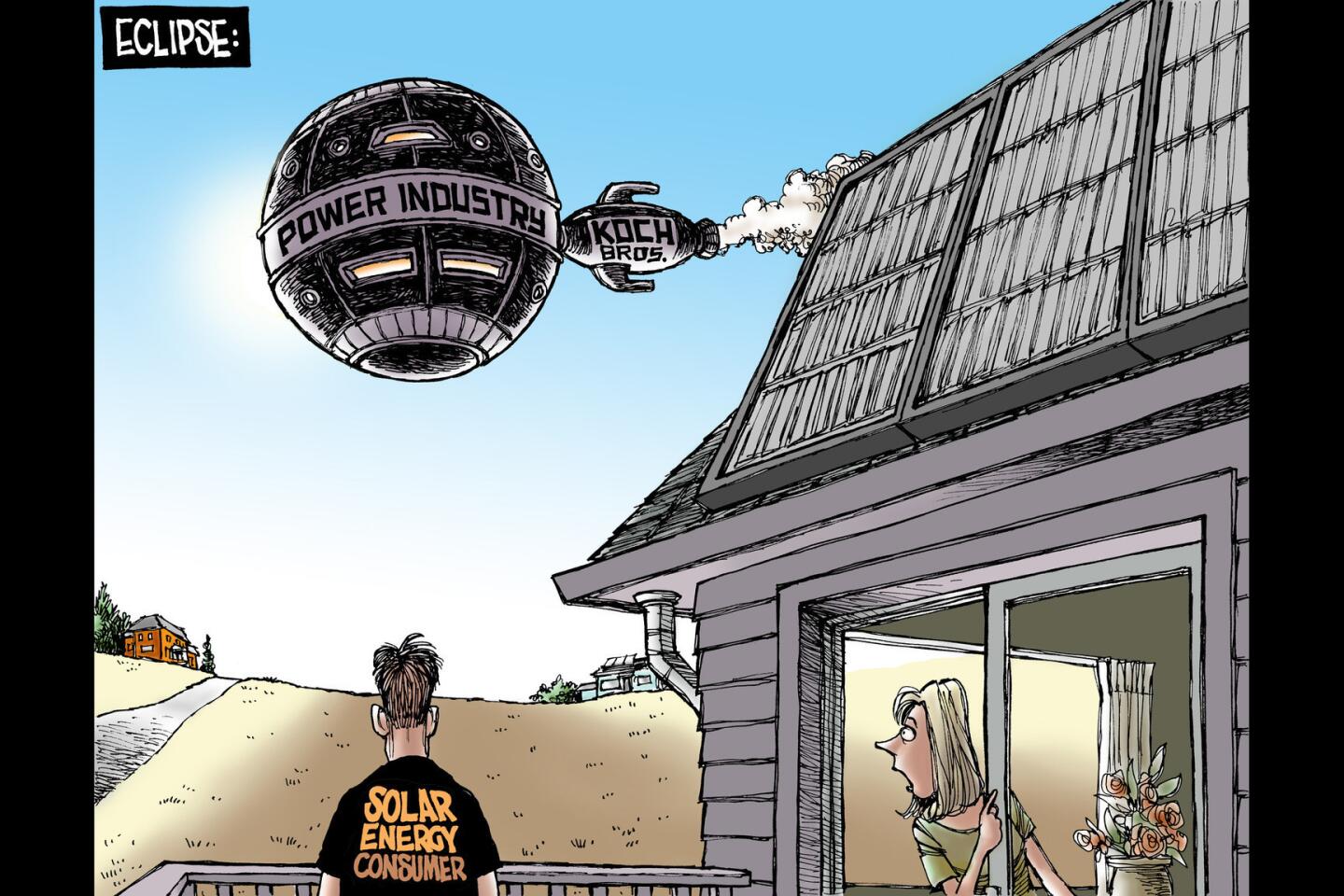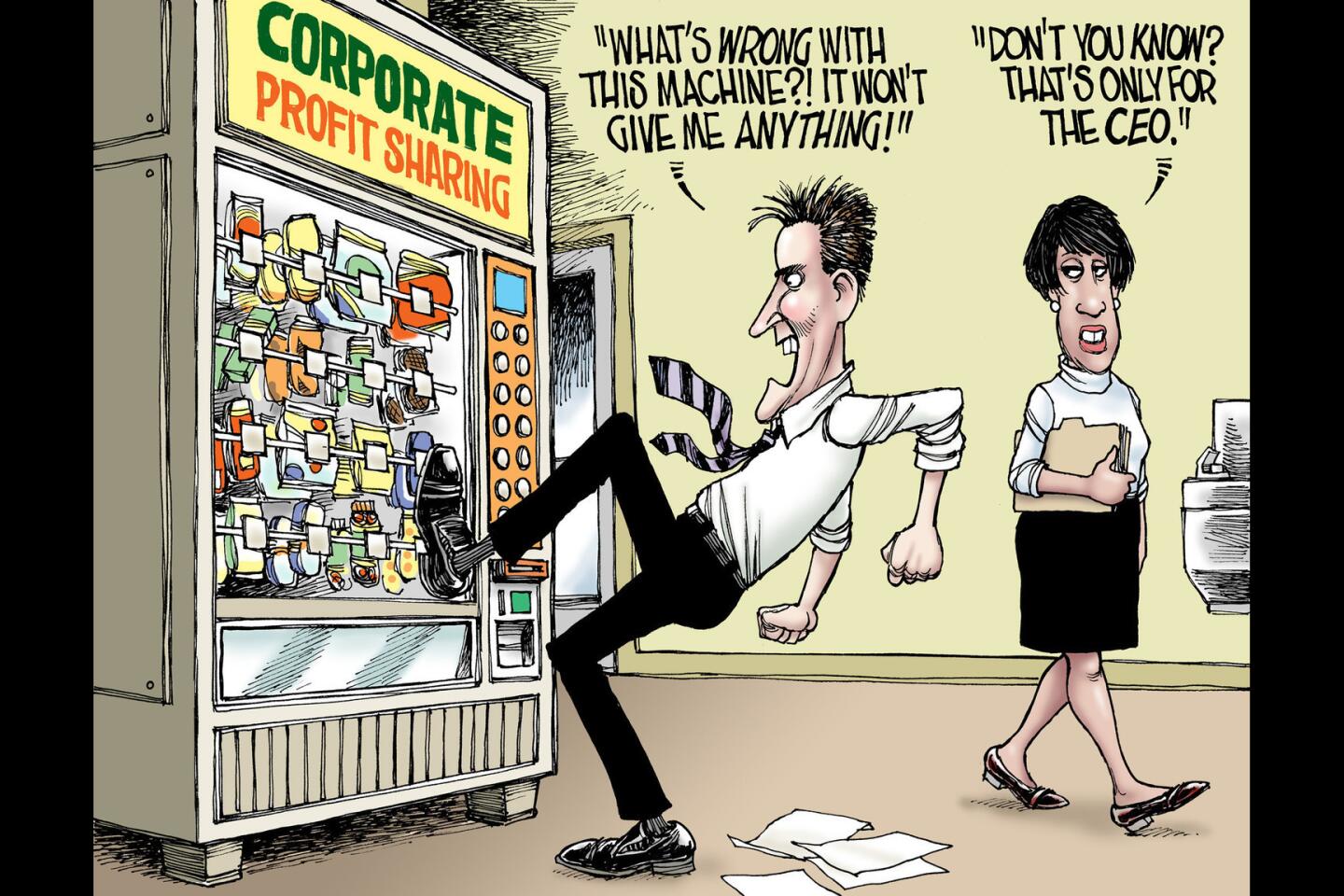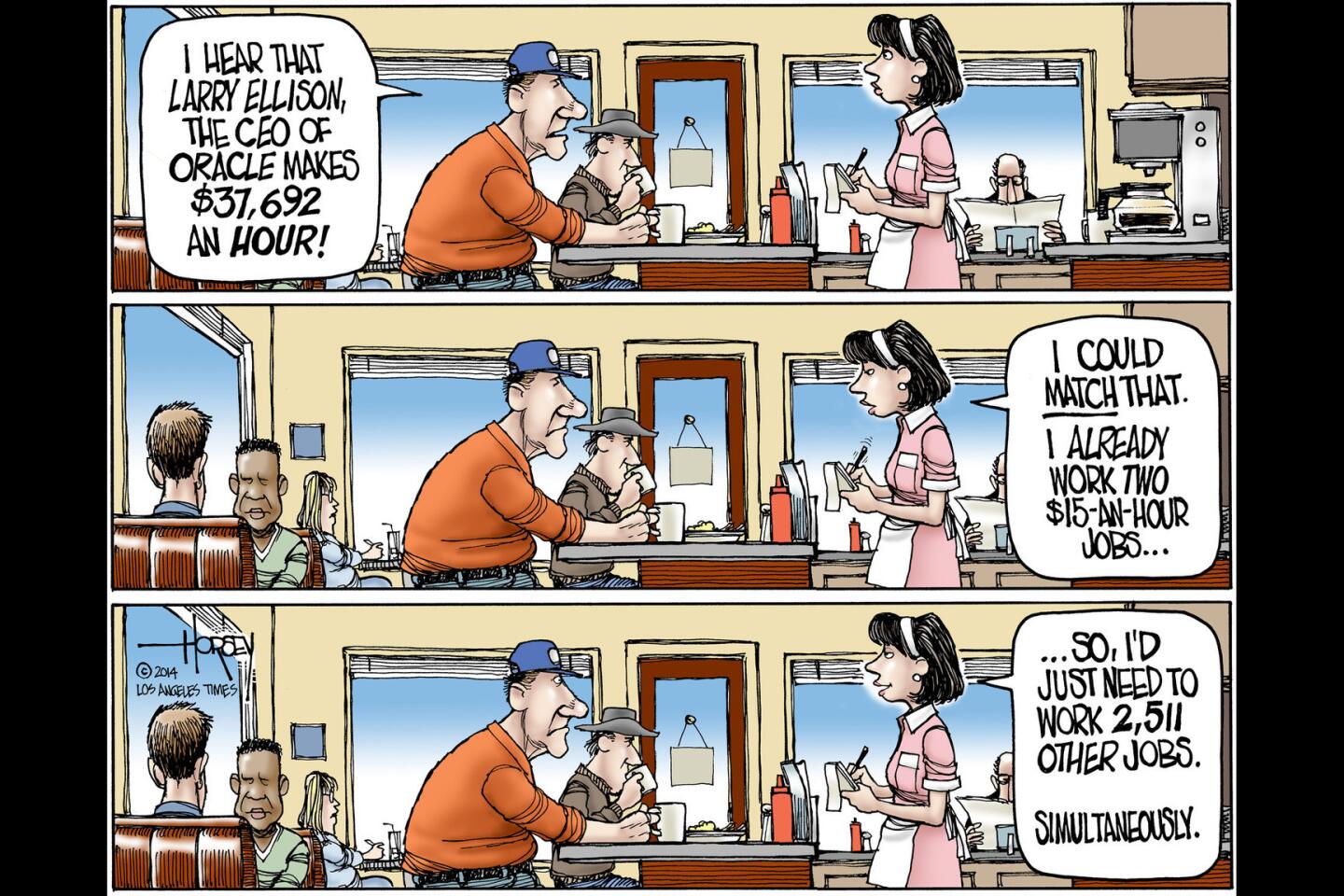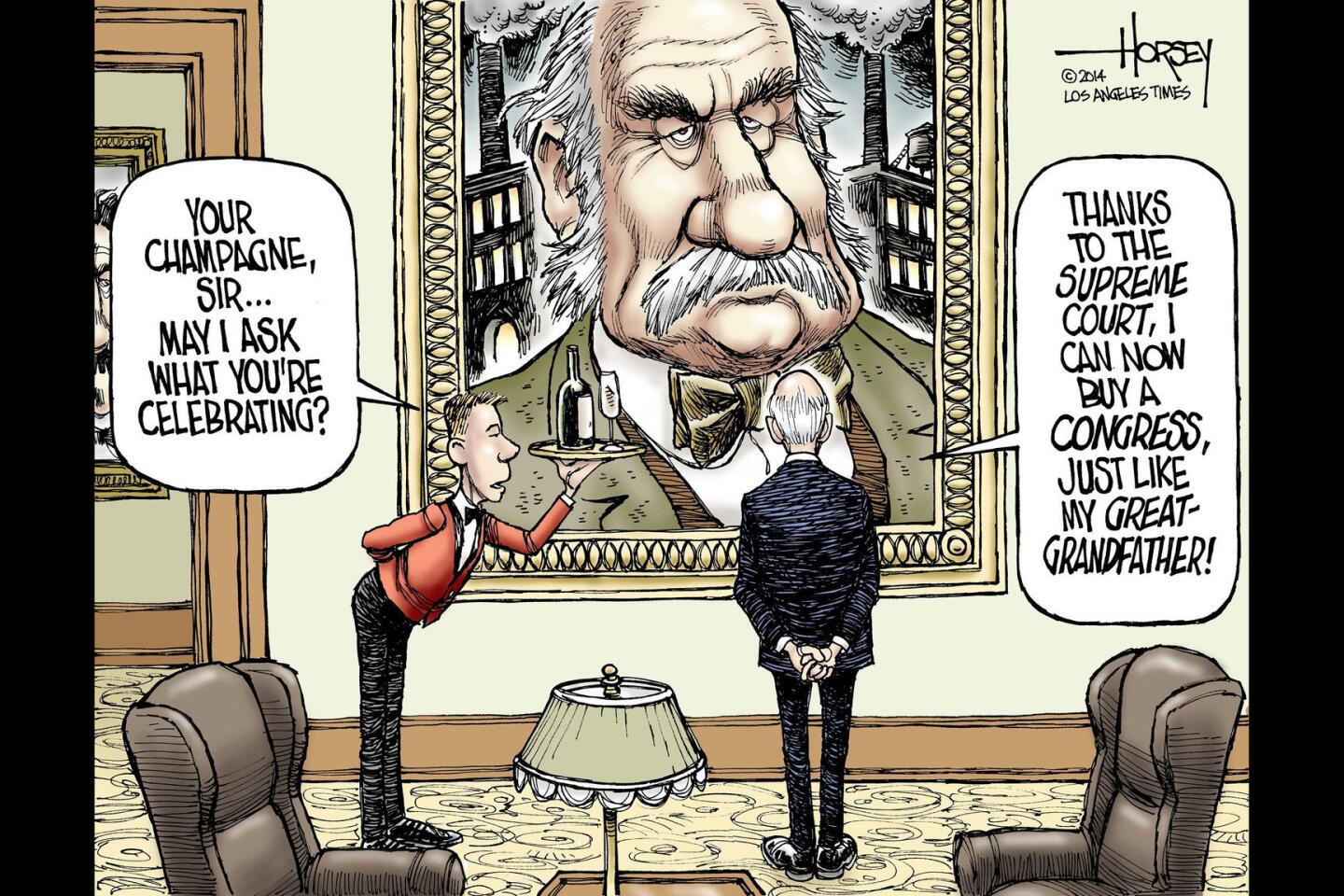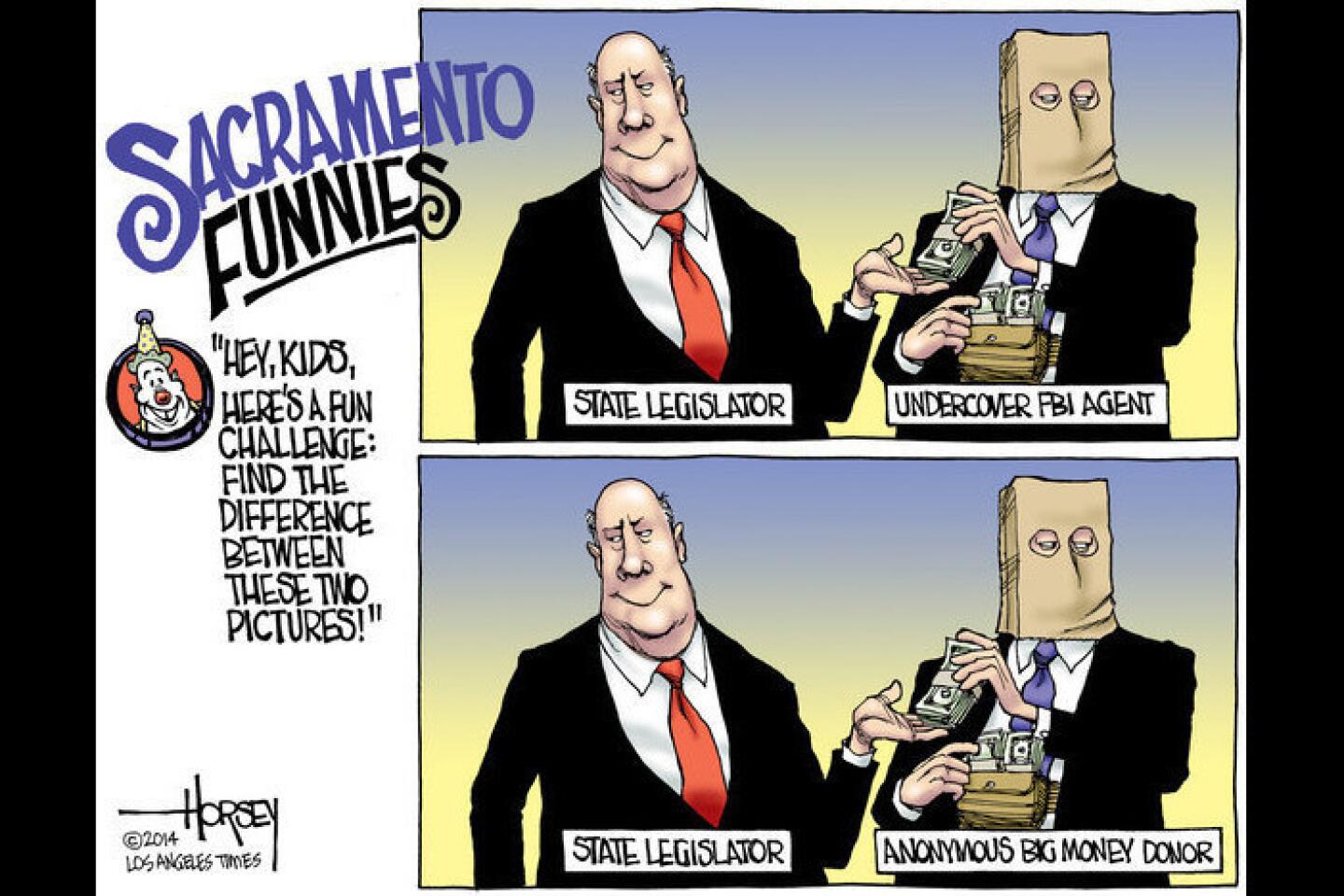Don’t stress over robots; a bright new economy is being born
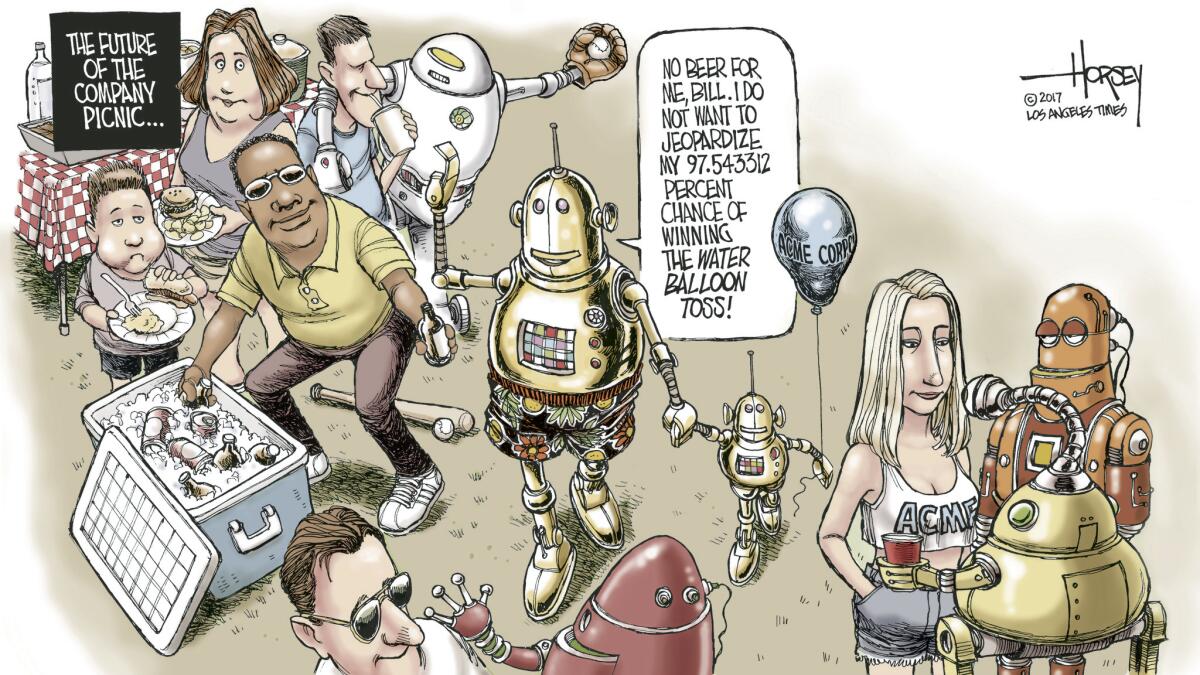
- Share via
Good news: The robots may not destroy us after all.
A few weeks ago, I wrote a column that outlined the worries of big thinkers such as Stephen Hawking and Andrew Yang who are predicting a wave of job destruction caused by automation, robots and artificial intelligence.
Michael Mandel begs to differ. Mandel is chief economic strategist at the Progressive Policy Institute. He and Bret Swanson, president of Entropy Economics LLC, just completed a study for the Tech CEO Council that foresees a rather bright economic future brought about by technological innovation.
I recently interviewed Mandel and he made a compelling argument that the application of technology to the physical economy will, in time, produce more jobs, higher wages, greater productivity and all kinds of as-yet-unimagined business activity. The two doomsday narratives that are currently circulating — that robots will steal jobs and that productivity will lag more or less permanently — are as wrong as the 19th century fears that electrification would put people out of work, Mandel said.
In fact, Mandel suggested, we are on the edge of a technological transformation every bit as revolutionary as the advent of electricity. Already, a dynamic new digital economy has arisen (think Microsoft, Apple and Google). The next step is to apply information technology to industries that deal with physical things.
Mandel pointed out that this is already happening in two areas. The first is fracking. Technological innovations have enabled extraction companies to access heretofore unreachable energy reserves and, though this progress comes with a controversial environmental cost, there is no question fracking has created good-paying jobs and enhanced economic activity.
The second is e-commerce. Beyond the digital component, e-commerce is about getting physical products shipped and delivered and the result is jobs for a lot more folks than just those who write computer code. Mandel points to Kentucky, where the big rise in e-commerce employment is transforming the state’s economy. It is an early example, he said, that the blessings of technology are “breaking out of the digital ghetto of the coastal states.”
What about the jobs that will be lost to technological change, such as the truck and taxi drivers who will be put out of work once autonomous vehicles take to the road? The transformed economy will create many new and more stable jobs, Mandel insisted. Disruption is unsettling, he agreed, but it is wrong to focus only on disruption and not on the large gains and unimagined opportunities that await in the new economy.
“Dystopia does not have a historical precedent,” Mandel said. Instead, there are repeated examples of the reinvigorating power of new technology. During the first half of the 20th century, General Electric and General Motors became industrial giants offering high-wage employment thanks to innovations in technology and production methods. There may no longer have been jobs for whalers, blacksmiths and woodcutters, but most people were happy with the change.
Americans rightly perceive the period just after World War II as a time of prosperity and abundant employment when the country’s middle class was solidified, but Mandel pointed out that the 1950s economy was built on innovations that came in the decades before and was preceded by the Great Depression and a lot of postwar talk about stagnation. He believes we are now at the beginning of another cycle that will lead to dramatic economic growth. It won’t happen tomorrow, he said, and, in fact, it may take an additional 15 years.
“The future will take longer to come than you expect, but then it will come in a rush,” Mandel said.
Mandel does not have nightmares about robots. Instead, he told me, “I wake up each day to see what we’ll be capable of tomorrow.”
Not a bad way to start the day or to develop smart policies for the future.
Follow me at @davidhorsey on Twitter
To read the article in Spanish, click here
More to Read
A cure for the common opinion
Get thought-provoking perspectives with our weekly newsletter.
You may occasionally receive promotional content from the Los Angeles Times.
